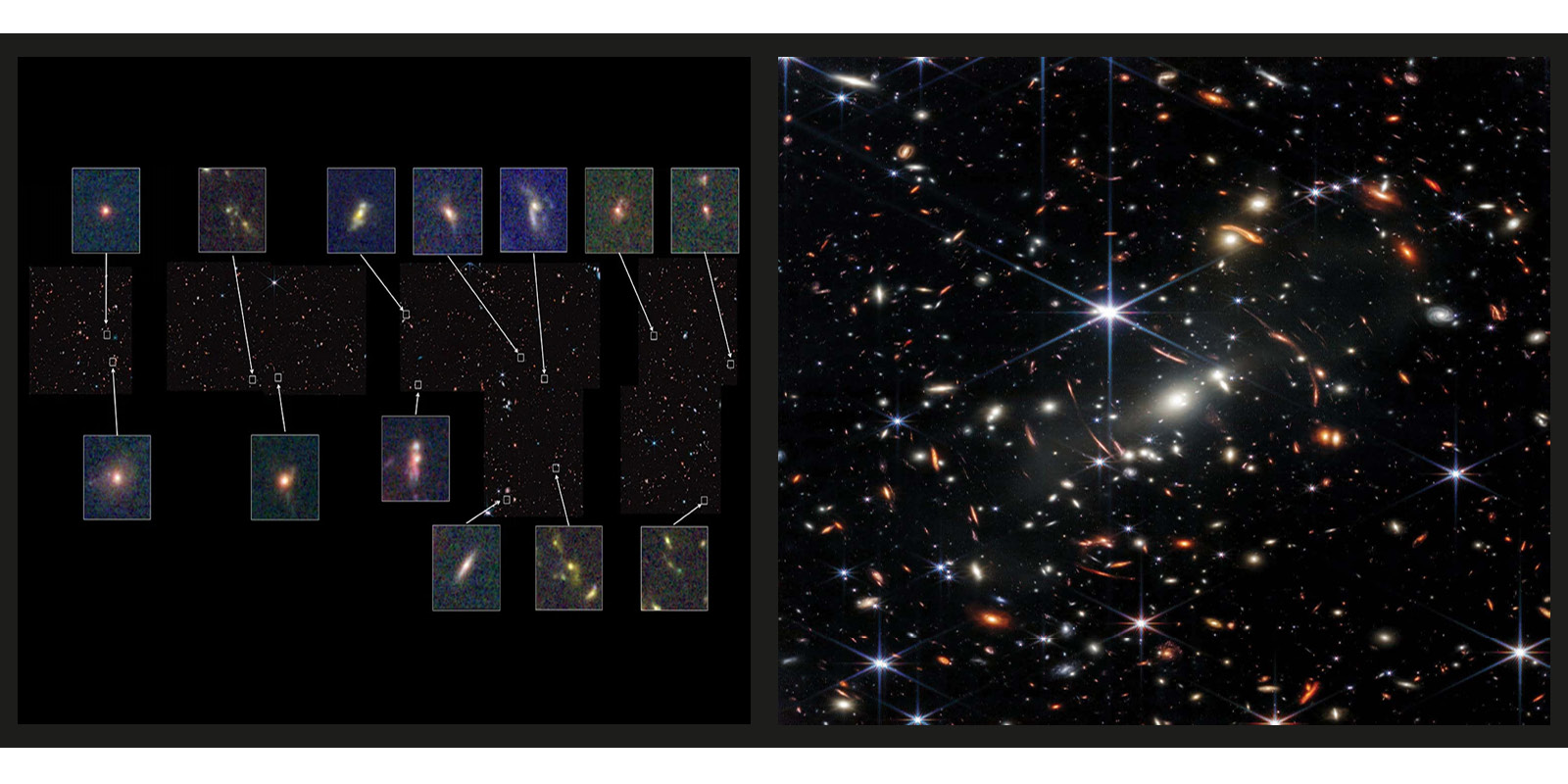
JWST has revealed exciting discoveries of galaxies that existed only a few hundred million years after the Big Bang.
However, due to the faintness of these distant galaxies in JWST observations, obtaining detailed information such as their environments and chemical distributions remains challenging.
Extremely metal-poor galaxies in the local universe, a type of dwarf galaxies resembling some of the earliest galaxies in the Universe, are recognised as “living fossils” of early galaxies and offer an ideal laboratory for studying physical conditions, environments, properties and chemical compositions that early galaxies might have possessed.
In this talk Sunny, I will share her recent efforts in searching for these fascinating, rare cosmic relics in our Universe.
Hopefully see you all at the Wetlands Centre (Discovery Room) , Raffle & Refreshments as usual.
When Who Where
- Date: Sunday 20th October 2024,
- Time: 7pm.
- Speaker: Dr Ting-Yun Cheng aka (Sunny)
- Venue: Given at the Washington Wetlands Centre (in the Discovery Room) and (via possibly via Teams if up and running by this date), but please do try an attend in person if possible to show support for YOUR Society and our speaker Sunny.
Our speaker
Our speaker is Dr Ting-Yun Cheng aka “Sunny” is a Postdoctoral Research Associate in the Centre for Extragalactic Astronomy at Durham University.
Previous Talk(s):
- Ting-Yun Cheng (Sunny) (Durham University): What a machine sees? – Galaxy morphological classification.
- Cheng, Ting-Yun, Huertas-Company, Marc, Conselice, Christopher J, Aragón-Salamanca, Alfonso, Robertson, Brant E & Ramachandra, Nesar (2021). Beyond the hubble sequence – exploring galaxy morphology with unsupervised machine learning. Monthly Notices of the Royal Astronomical Society 503(3): 4446-4465.






